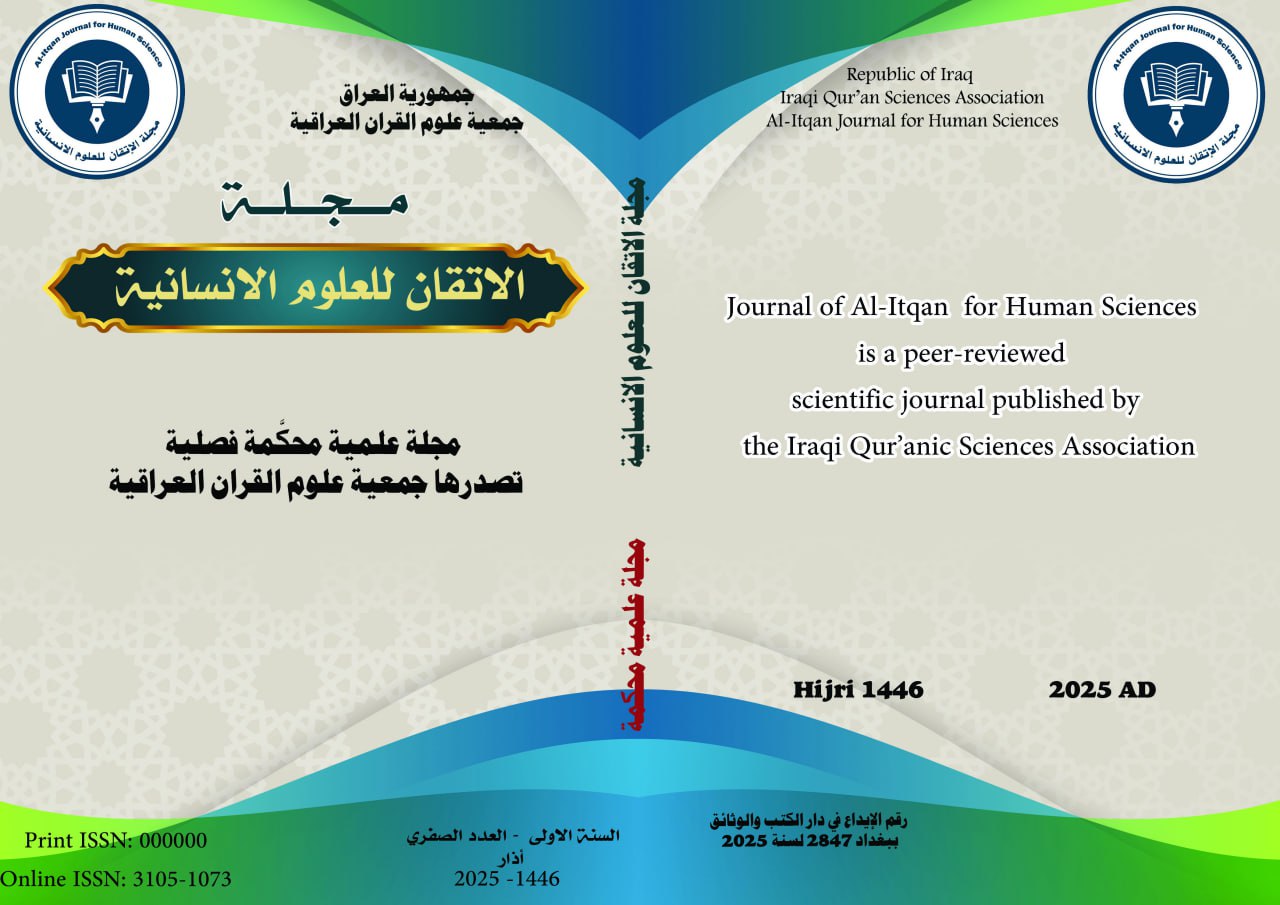The Effectiveness of the Numbered Heads Strategy in Acquiring Islamic Concepts among Fourth-Grade Middle School Students in the Holy Quran and Islamic Education Subjects
Abstract
Research Summary
The current research aimed to identify the effectiveness of the numbered heads strategy in acquiring Islamic concepts among fourth-grade middle school female students in the Holy Quran and Islamic Education subjects.
The researcher formulated the following null hypothesis: There is no statistically significant difference between the average scores of students in the experimental group, who will study the Holy Quran and Islamic Education subjects using the numbered heads strategy, and the average scores of students in the control group, who will study the same subject using the traditional method, on the Islamic concepts acquisition test.
The researcher intentionally selected Al-Basala Girls' Secondary School, affiliated with the General Directorate of Education in Baghdad/Al-Rusafa I. Class (D) was randomly selected to represent the experimental group, which will study the Holy Quran and Islamic education according to the numbered heads strategy, with (30) students. Class (A) represented the control group, which will study the Holy Quran and Islamic education according to the traditional method, with (30) students. The researcher compared the students of the two research groups on the following variables: (intelligence, chronological age in months, pre-test, fathers' academic achievement, mothers' academic achievement, and first-semester grades). The researcher identified the subject matter that she would teach during the experiment period, which is the fourth and fifth units of the Holy Qur’an and Islamic Education book, 6th edition, for the year (2021), fourth year of middle school/scientific, and formulated the behavioral objectives for the topics that she would teach, which were (136) behavioral objectives according to Bloom’s levels in the cognitive field (remembering, understanding, application, analysis, synthesis, evaluation), and prepared (20) daily teaching plans to teach the two research groups, with (10) teaching plans for each group, two of which were presented to the arbitrators, to ensure their validity.

